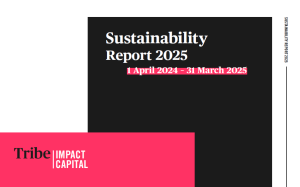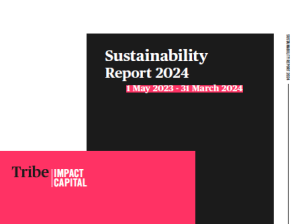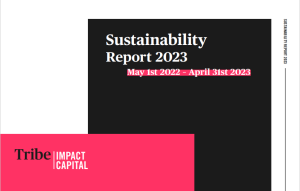What is valuable investing for charities?

In the past year, UK charities have paid £686 million in fees for investment management and advice. 1 That’s the equivalent of 70,000 heart bypass operations, 2 funding 34,000,000 new trees, 3 or the entire temporary housing budget for London. 4
Is it worth £686 million?
Charities that pay fees for investment management and advice do so for assistance in managing their investment assets (typically funds, shares, bonds, property and other instruments held for the long term to support activities such as the operations and donation pool of the charity). Without a doubt, professional advice is an important factor in getting the most out of these assets and trustees are actively encouraged to seek advice though the Charity Commission’s Guide for Trustees. As investment managers and advisers ourselves, naturally we’d advocate the importance of good advice. But what does good value advice look like?
How does a trustee know whether they’re getting good value? A simple way to think of value is the benefits we get for the price we pay. Naturally, cost is a major part of this calculation. To support trustees in their evaluation of value, we spent some time looking at the cost of investment management and advice that charities paid last year.

The cost of advice
Not all charities choose to pay for investment management and advice, but for those that do, we focused our analysis on those with investment assets over £1m. On average, these charities pay fees that represent 0.7% of the value of their investments (according to their annual filings).
Naturally there are some big differences and economies of scale within this average, so we looked at the fee rates across the different investment sizes.

There are clearly some economies of scale here, as charities who have £1m to invest are paying 1.11%, which is around twice as much as those with £20m, and nearly three times as much as those with £100m.
The benefits of good advice
For most charities, good investment management and advice will be based around the most efficient use of their resources in supporting their charitable purpose. Whilst the mission and aim will vary across these charities, we believe there are some key questions beyond financial return that we believe trustees should be asking.
Trustees are always balancing future risks and financial returns. But other than expected future financial returns, what other performance indicators should trustees be using to evaluate their investments?
Our view at Tribe is that the way an investment generates its returns is as important as the returns themselves. As an investment manager looking for impact, our aim is to find well run businesses who are solving major global challenges. When working with a charity, we can align the goals the charity has identified through their theory of change with what their investments are looking to solve for. Making the most of that charity’s assets by using investments to help support their mission.
The result is an investment portfolio that seeks to generate the financial returns needed, aligned to the mission of the charity, with the impact they want to create. Is your current investment management fee doing this?
About this report
The analysis used in this paper is based on the filings of the 169,000 charities who filed their accounts via the UK’s Charity Commission. The analysis was done in September 2020, so will include all filings with the Charity Commission up until that date. As with any large dataset, there will be errors and omissions, including with the charities’ filings, and we’ve done our best to look for these and adjust where appropriate. As a result, the data here is presented as our best estimate and is subject to revision.
About Tribe
Tribe is the UK’s first dedicated impact wealth manager. This means we only run portfolios for positive, sustainable impact. Our investment proposition is centred on finding well-run businesses solving big social, environmental and economic challenges. We’re able to identify these businesses by using the
UN Sustainable Development Goals (UN SDGs)
Twin-lens
Footnotes
-
*Based on 169,000 charity account filings via the UK Charity CommissionScroll to footnote
-
https://www.kingsfund.org.uk/audio-video/key-facts-figures-nhs#what-does-the-money-meanScroll to footnote
-
https://shop.woodlandtrust.org.uk/thank-youScroll to footnote
-
https://www.crisis.org.uk/ending-homelessness/homelessness-knowledge-hub/cost-of-homelessnessScroll to footnote




